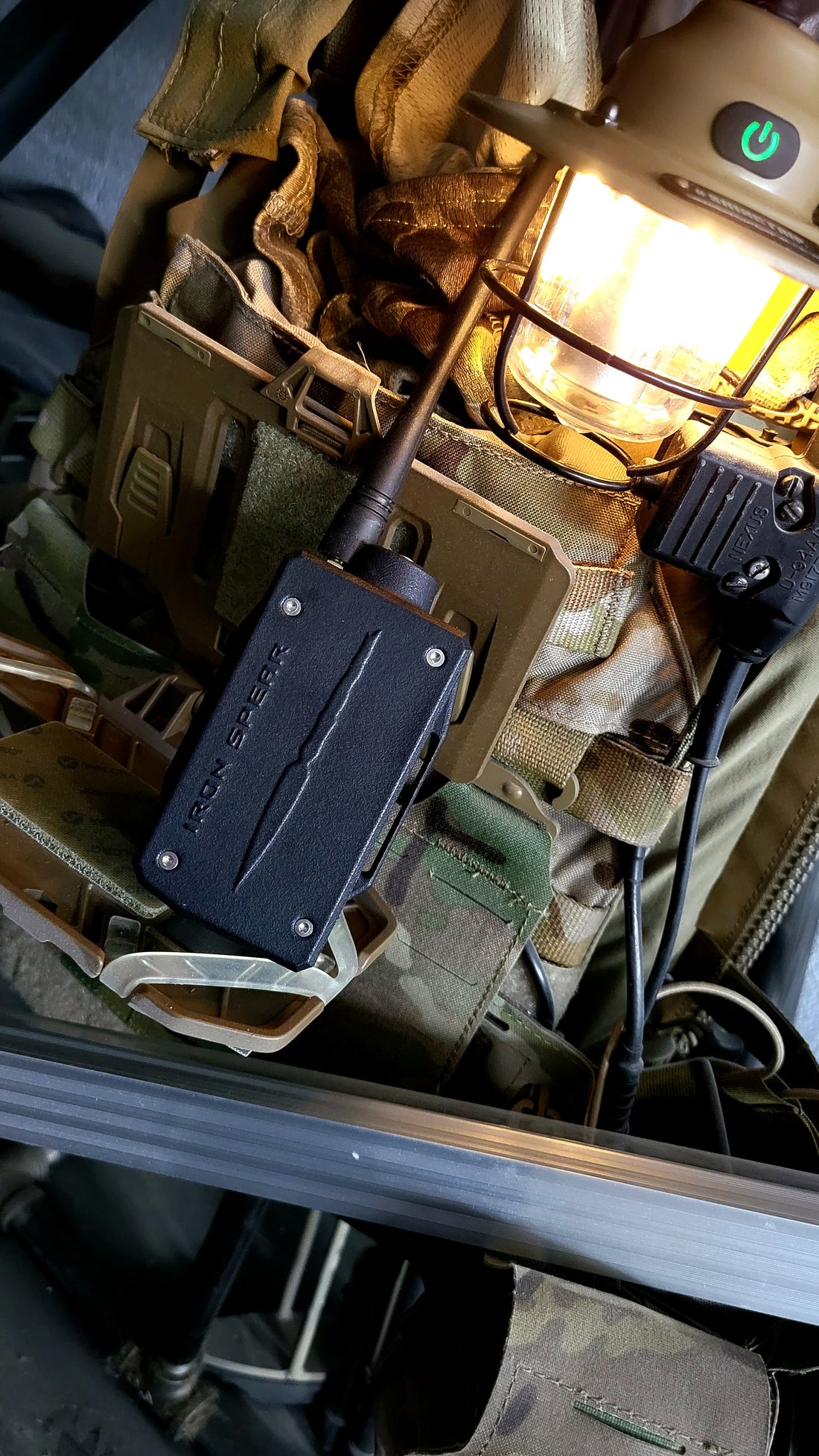
Bitchat vs. Meshtastic: A Tale of Two Off-Grid Messengers
Share
Bitchat vs. Meshtastic: A Tale of Two Off-Grid Messengers
Two new players have emerged in the realm of off-grid communication, Bitchat and Meshtastic, both offering the promise of messaging without reliance on traditional cellular networks or the internet. While they share a common goal of decentralized communication, their underlying technologies, intended use cases, and hardware requirements set them apart significantly, extending far beyond a simple difference in radio frequency.
Bitchat: The Smartphone-Centric Approach for Localized Privacy
Bitchat, a recent project from Jack Dorsey's Block, is a peer-to-peer messaging application that leverages the Bluetooth capabilities already present in modern smartphones. This software-based approach creates a mesh network by directly connecting nearby devices, allowing for encrypted, off-grid conversations.
At its core, Bitchat is designed for ease of use and immediate, localized communication. Its key characteristics include:
- Software-Only: Bitchat is an app that runs on your existing smartphone, requiring no additional hardware.
- Bluetooth Mesh: It utilizes Bluetooth Low Energy (BLE) to form a mesh network, where each phone acts as a node, relaying messages for others. This is ideal for short to medium-range communication in areas with a high density of users, such as protests, concerts, or disaster zones.
- Focus on Anonymity and Privacy: The platform boasts end-to-end encryption and does not require phone numbers, email addresses, or user accounts, offering a high degree of anonymity.
- Early Stages of Development: As a relatively new project, Bitchat is still in its early phases and has faced scrutiny regarding its security and robustness.
Meshtastic: The Hardware-Powered Network for Long-Range Exploration
In contrast, Meshtastic is a more established, open-source project that relies on dedicated hardware devices equipped with LoRa (Long Range) radios. These low-power radios operate on specific radio frequencies that allow for communication over significantly greater distances than Bluetooth, often spanning several kilometers and, under optimal conditions, even up to 100 kilometers.
Meshtastic is geared towards a more technical and hobbyist audience, with a focus on building resilient, long-range communication networks in remote areas. Its defining features are:
- Dedicated Hardware: To use Meshtastic, users must purchase or build their own LoRa-based devices. These devices then typically connect to a smartphone via Bluetooth for a user-friendly messaging interface.
- Long-Range Communication: The use of LoRa technology is the cornerstone of Meshtastic, enabling communication over vast distances where no other infrastructure exists. This makes it suitable for hikers, skiers, sailors, and emergency response teams.
- Mature and Community-Driven: As an open-source project, Meshtastic benefits from a large and active community of developers and users who contribute to its ongoing development and support.
- GPS and Sensor Integration: Many Meshtastic devices incorporate GPS modules and other sensors, allowing for the sharing of location data and other environmental information across the mesh network.
Key Differences at a Glance:
| Feature | Bitchat | Meshtastic |
|---|---|---|
| Underlying Technology | Bluetooth Mesh Networking | LoRa (Long Range) Radio |
| Hardware Requirement | Smartphone only | Dedicated LoRa hardware device |
| Typical Range | Short to medium (tens to hundreds of meters) | Long range (kilometers to potentially 100km) |
| Primary Use Case | Localized, anonymous communication in populated areas | Long-distance communication in remote or off-grid environments |
| Target Audience | General users seeking privacy and offline chat | Hobbyists, outdoor enthusiasts, emergency preparedness |
| Maturity | Early-stage development | Mature, open-source project with a strong community |
| Setup Complexity | Simple app installation | Requires purchasing/building and configuring hardware |
| Power Consumption | Relies on smartphone battery | Dedicated low-power hardware, often with long battery life |
In essence, the choice between Bitchat and Meshtastic hinges on the user's specific needs and technical comfort level. Bitchat offers a simple, accessible way for smartphone users to create localized, private communication networks. Meshtastic, on the other hand, provides a powerful and highly customizable solution for those who require long-range, resilient communication in the most remote of locations, albeit with the added requirement of dedicated hardware. While both operate independently of the internet, their differing philosophies and technological foundations cater to vastly different off-grid communication scenarios.
```